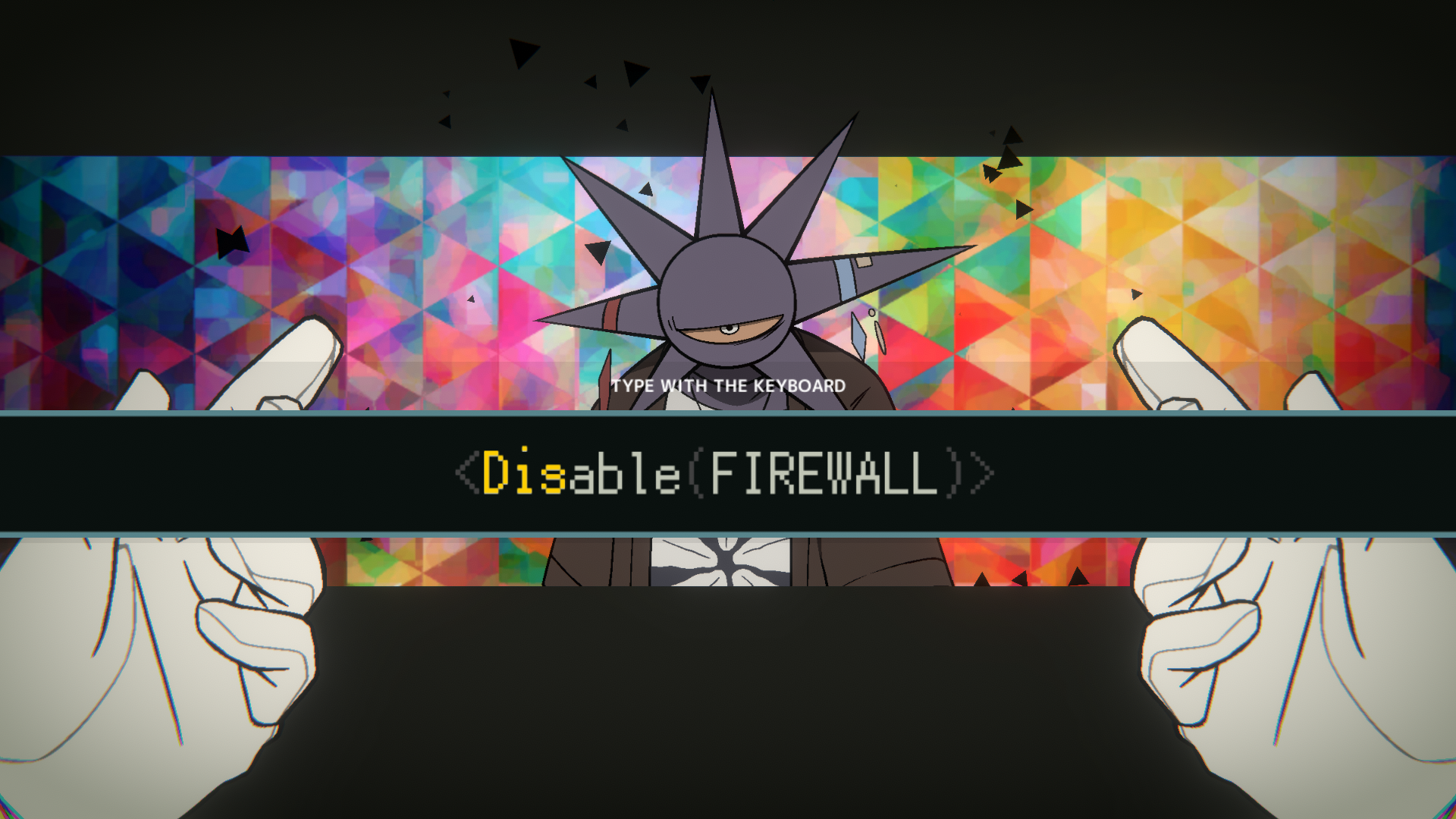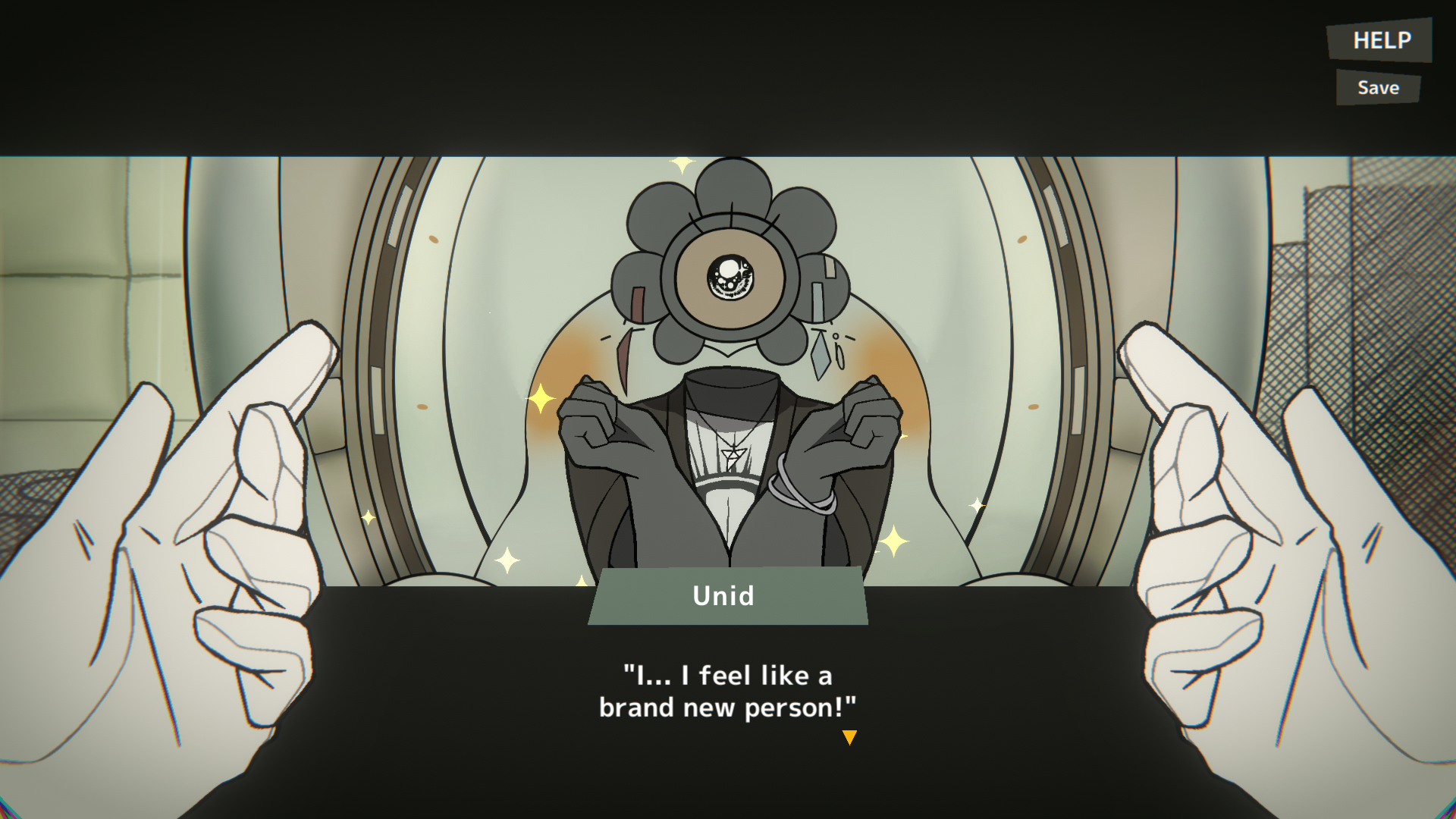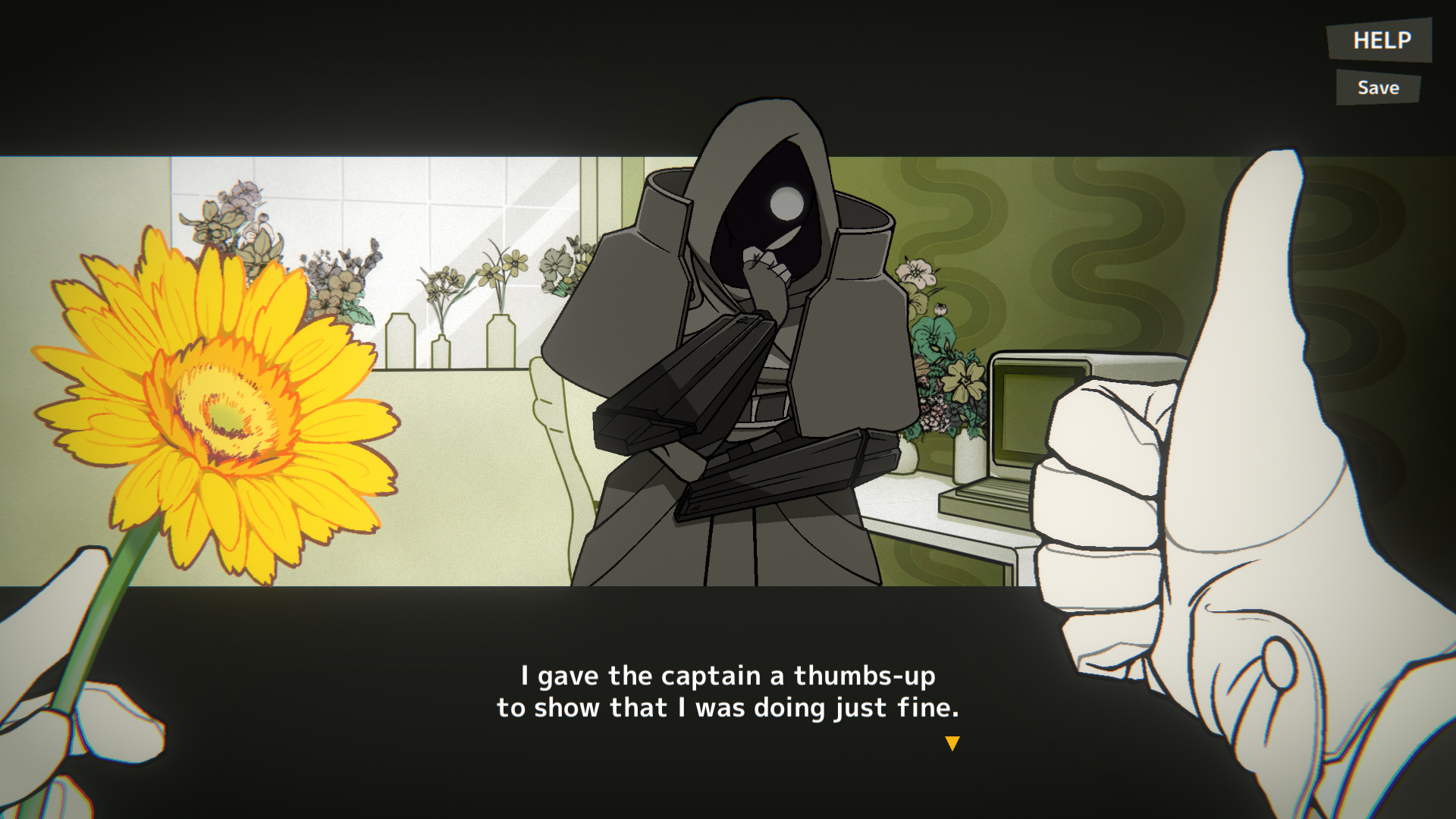Review | Mindhack - Smile... Please
Before I begin, I should preface that this game uses some unique mechanics to cover dark and serious subject matters that are designed to make players feel uncomfortable at times. At the end of my playthrough of this Early Access title, a screen showed up asking for feedback. I’ll say here, what I said there, if any developers end up reading this review, please add a content warning on the storefront and in-game. Thanks.
Ooooh, I like help!
If you are willing to deal with the content that the game presents, then Mindhack is one of the most unforgettable story-driven gaming experiences you’ll experience. This deceptively simple story is all about embodying the role of a protagonist who is tasked with rewriting the minds of dangerous individuals. It’s a dystopian sci-fi a premise you may have seen before, but Mindhack sets itself apart from other narratives tackling similar subject matters (like the Persona and Psychonauts series) by using overtly political themes to reframe the implications of reforming its cast of wacky antagonists. This concept is the focus of this visual novel story, rather than a means to a wider narrative or gameplay reveal, and in turn, it feels more impactful than its contemporaries.
Rather than playing as an over-the-top heroic protagonist, you are simply a doctor just doing your job that just so happens to involve delving into the minds of unwell individuals and turning their dangerous traits into more socially acceptable standards BY ALL MEANS NECESSAR-
*ahem* Sorry, that was just a typo, I’m sure someone will edit that out, anyway, where was I... Ah yes!
We’re helping.
Mindhack is a kind of job simulation game set in the not-so-distant future where AI technology has helped change the landscape of medicine. Helping out patients is the name of the game, it's easy, fun and satisfying making the most “animated” of patients see the errors of their ways, it's like giving patients a sticky star and a lollipop for not fighting back against trustworthy professionals and practices. Everyone is guaranteed to leave with a smile in their heart once the amazing mind-hacker has patched them up, it’s a really wholesome look at how technology and people can be abused and why nobody deserves to choose their own fate-
Okay, look, describing what Mindhack is without any spoilers is going to be tricky, discovering the themes is half the fun of this colourful dystopian adventure, but the game hasn’t been fully released yet. The story leaves you wanting more, and I believe this is a big selling point that counteracts the sales problem of many other narrative-focused games that are designed to be streamed.
If you don’t want to be spoiled, I wholeheartedly recommend Mindhack to people looking for a new twist on the psychological horror genre. Subtle mechanics weaved into a story showcasing realistic depictions of clinical diagnoses presents players with a new kind of dread that plays on the responsibility of helping others. For those that are okay with spoilers or don’t want to experience these admittedly heavy themes first-hand, allow me to present my essay on why Mindhack is genius (Sorry HBomberGuy <3).
Are we sure we’re helping?
Right from the very start of the game, instead of introducing the player to the world surrounding the protagonist slowly through a trope like amnesia, Mindhack breaks the rules of video game immersion by hoisting the player into the role of a qualified doctor that uses sci-fi methodology to carry out their practices. The first patient in the game is introduced very quickly after some brief conversations with both old and new colleagues, including a ceiling fan. While this is the first patient the player meets in the game, it's actually the doctor’s 4978th patient and as such, all of the dialogue choices presented to the player end up being unexpectedly blasé.
The amount of unease these pictures and words cultivate so early on is impressive, nothing about the setting, characters or job is made clear to the player yet the person they embody, through a first-person perspective, knows so much. This form of ludonarrative dissonance (disconnect between gameplay and story) extends to every facet of the game.
The first scenario involves mind-hacking a swearing hoodlum that has a very distinct, otherworldly character design. Despite being very overt, the dialogue is surprisingly well-grounded for this and all the other colourful patients. In this case, the swearing comes from a point of constant desperation of someone that lives their life in a depressive state, something that is revealed in the mind-hack to be rooted in abuse.
We are helping…?
I should probably mention what mind-hacking actually is. It’s a therapy practice that involves patients divulging the root cause of a mental health problem through the hacking of the mind. Terminology such as “Disable Firewall” is used to break down the barriers blocking trauma. Players type out these words physically to embody the act of non-consensually acquiring information about vulnerable individuals.
While all of this was going on, the game introduces a soundtrack that is equal parts serene and absorbing to calm the senses. The visual treat of an art style paints the abhorrent practices that the player is physically doing as flowery and sterile. Both of these attributes deliberately censor the situation in a way that makes it unnervingly easy to carry the job while showing the many changes that the doctor must carry out in their mind to make what they’re viewing bearable.
See, I told you we are helping!
The end of the mind-hack encompasses all of this into a ‘typing of the dead’ style mini-game where the player types out nonsense words in quick succession in order to change the personality of a culprit. Except, while these words initially appear to be gibberish, they all relate to the inner workings of the individual, and the act of typing them out is psychologically implanting the thoughts and feelings of the culprits into the player.
Every character has their own unique traumas that feel as if they’re rooted in real diagnoses and it’s harrowing being pushed into the deep end of such a mentally taxing job. The game's themes become more heart-wrenching and poignant as each element of the story is introduced to the player.
So many horror games focus their efforts on simply scaring the player, but Mindhack injects a heavy dose of confusion, charm and provoking themes which culminates in a simple yet intoxicating serum to cure those with genre fatigue. At one point I felt like I was playing the Stanford Prison Experiment and at another, I was being enlightened by the psychology of change through a silly conversation about butts. It paints a nuanced picture of working alongside AI that can make jobs easier but less accessible. It’s a pretty damn interesting two and a half hours, that’s for sure.











